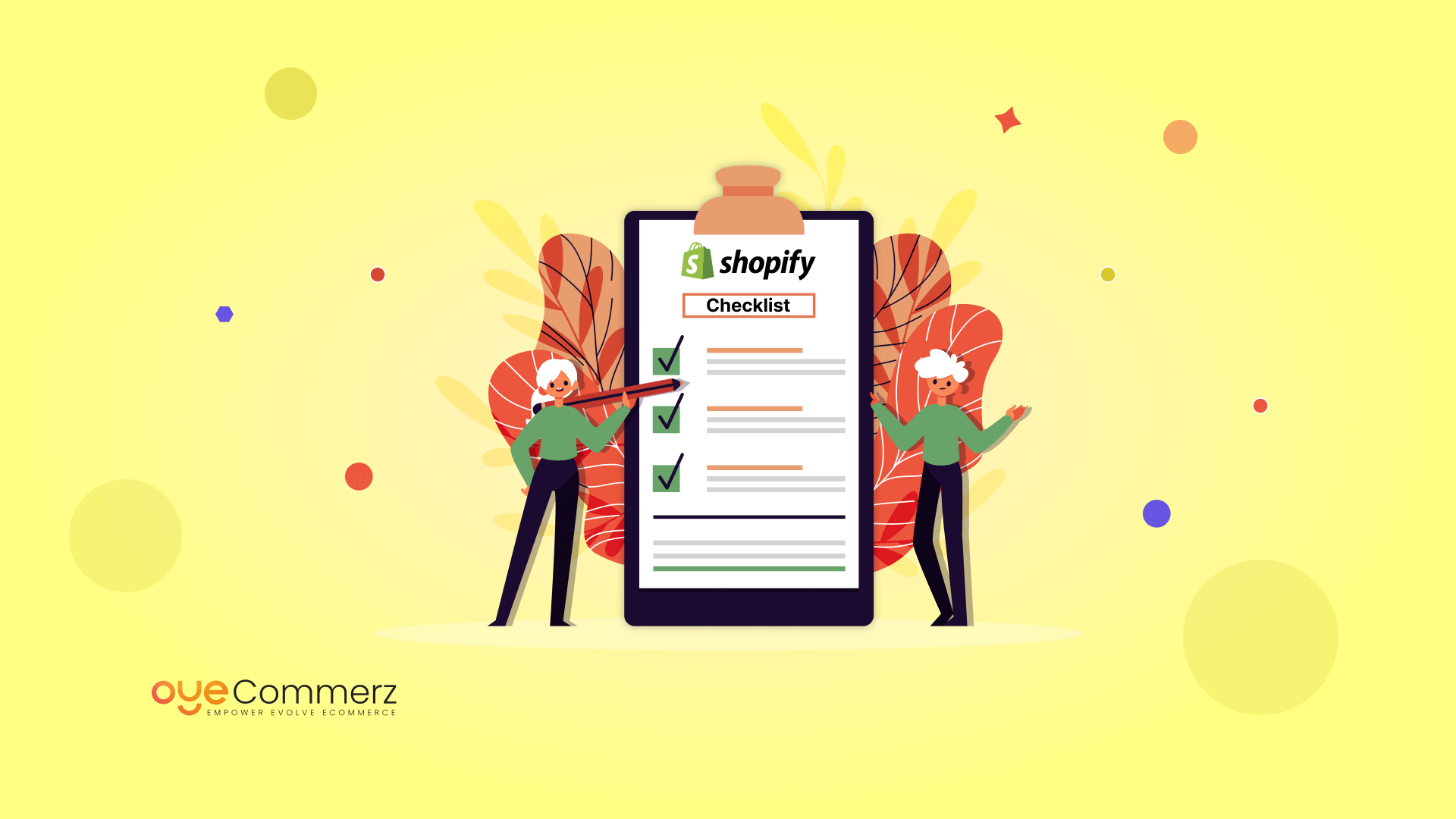Introduction
In today’s competitive e-commerce landscape, standing out is essential, and one of the best ways to set apart a Shopify store is through tailored app development. A robust Shopify app can boost store capabilities, streamline operations, and elevate customer engagement. This guide delves into key aspects of Shopify app development, from API integration to growth techniques and digital marketing approaches, providing a roadmap for companies looking for unmatched store efficiency.
Why Shopify API Integration Matters
Shopify’s API offers robust tools to personalize and expand store functionalities. With GraphQL and REST APIs, developers can retrieve information to build applications that manage inventory management, order handling, and customer information management seamlessly. Integrating Shopify’s API can lead to better workflow automation and allows stores to assist shoppers more efficiently.
Utilizing the Polaris Design System
Polaris is Shopify's design system for creating intuitive and accessible Shopify apps. By adhering to Polaris principles, developers guarantee that apps seamlessly integrate within the Shopify Admin experience. This ensures a cohesive look and feel that appeals to Shopify merchants, promoting usability and familiarity for merchants using your custom app.
Understanding the Shopify App Ecosystem
The Shopify app ecosystem offers endless possibilities for enhancing e-commerce sites. From handling order fulfillment to increasing customer engagement, apps in this ecosystem are designed to meet various business needs. Learning about this system helps developers in identifying unique app opportunities and allows for seamless integration of external tools that enhance the store.
Developing Embedded Shopify Apps
Embedded apps work seamlessly within the Shopify Admin, providing a smooth interface for merchants. They allow merchants do not need to navigate away from their Shopify dashboard, simplifying their process. Using Shopify App Bridge and embedded app features is a best practice for providing a unified, integrated user environment.
Leveraging Node.js and React for Shopify Development
Node.js and React have become top options for Shopify app development. Node.js enables high-performance server-side applications, while React allows for interactive and adaptive front-end user interfaces. Together, they provide an excellent platform for building fast, growth-ready Shopify apps that enhance store functionality and customer interaction.
Webhooks in Shopify Apps
Webhooks enable instant data updates between Shopify and an external app. They initiate events such as order creation or stock changes and send Benefits of custom Shopify apps instant notifications to your app. By implementing webhooks, apps can deliver real-time information to store owners, simplifying processes and boosting efficiency.
Engaging Customers Through Digital Marketing for Shopify Apps
To make a Shopify app successful, connecting with users is key. Using online marketing techniques like SEO, email marketing, and social outreach can increase app usage. Additionally, designing apps with customer interaction as a focus (e.g., loyalty programs or personalized recommendations) increases user loyalty and loyalty.
Making Your Shopify App Scalable
As e-commerce businesses grow, so do their technological needs. Making sure that your app can scale to handle higher usage, larger Shopify store success tips data sets, and more complex functionalities is essential. By improving server capacity and using scalable solutions, you can create apps that grow in tandem with a store’s growth.
Essential Features and Maintenance for Shopify Apps
For an app to be effective, it should offer essential features like user authentication, analytics dashboard, and customer support options. Ongoing app maintenance, with updates to fix bugs and ensuring compatibility with new Shopify features, is vital to ensure uninterrupted performance and prevent disruptions to business processes.
Conclusion
Custom Shopify app development holds vast potential for e-commerce businesses, offering the ability to improve store functionality, simplify operations, and foster customer loyalty. From integrating APIs to focusing on scalability and customer interaction, creating a Shopify app requires careful planning and well-planned actions. If you’re prepared to unlock your store’s full potential, a custom Shopify app could be the ideal solution. What capabilities do you envision for your ideal app? Share your ideas and take the first step toward an enhanced e-commerce journey!

Comments on “Empower Your E-commerce: Custom Shopify App Development for Unmatched Store Performance”